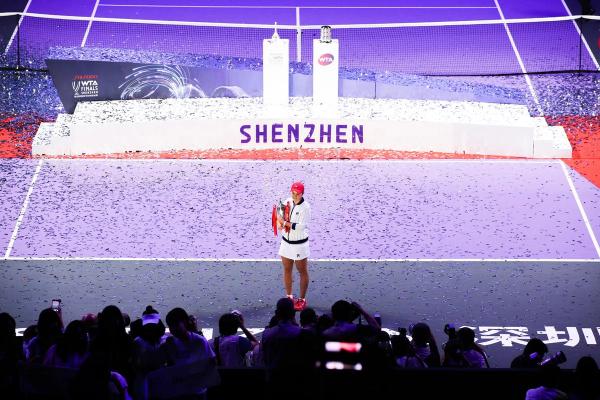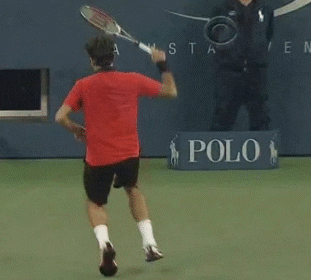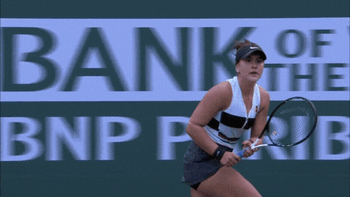The WTA books its controversial return to China

The GIST: The WTA has officially booked its controversial return to China. Sixteen months after boycotting the country in response to the disappearance of Peng Shuai (pronounced PUNG sh-WAY), it announced eight events in China this fall and the resumption of its lucrative 10-year deal to host the WTA Finals in Shenzhen.
The recap: In November 2021, tennis player Peng accused a former Chinese vice-premier of sexual assault on social media site Weibo. Both the post and Peng went missing, prompting the WTA to quickly suspend all tournaments in China until the country conducted a fair investigation and proved Peng was free.
- However, the WTA ultimately admitted defeat yesterday. China ignored the organization’s demands, including one to speak directly with Peng, who is living safely in Beijing according to close sources.
The reasoning: WTA CEO Steve Simon said the body needed to take a “different approach” with China because its demands weren’t being met. The exec added that the players were polled on the topic and while it “obviously had some players who were not supportive of a return … the majority said it’s time to go back.”
- Though Simon denied that the decision was economically motivated, reports suggest otherwise. The CEO was allegedly prepared to stay the course but changed his position because of board and financial pressures. *raises eyebrow*
The context: Over the last 16 months, the WTA scored its largest global sponsorship deal with Hologic and a $150M cash injection from CVC Capital Partners, but it wasn’t enough to fill its bank account’s China-sized hole. Chinese events accounted for a third of annual WTA revenue, while a multiyear deal with streamer iQiyi was reportedly worth $120M.
- The WTA Finals are a prime example of the body’s rough financial state without China. Shenzhen’s 2019 event raked in $20M alone and allowed the WTA to pay $14M in prize money, while 2022’s edition in Texas offered $5M and was deemed “embarrassing.”
The lingering questions: It’s hard to believe that the WTA’s bottom line didn’t play a part in yesterday’s decision, especially considering how its “different approach” appeases China. The about-face demonstrates sportswashing’s ultimate pull — rich nations vastly outperform corporate partners, which begs the question: Is this just sports’ reality now?
- It’s also worth asking if the WTA spent enough time trying to lure sponsors during its China boycott and if its reversal will alienate stakeholders like Hologic, which identified the WTA’s stance as “a catalyst” for conversation. Unforced error.
Enjoying this article? Want more?

Sign up for The GIST and receive the latest women's sports business news straight to your inbox three times a week


